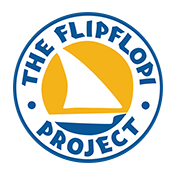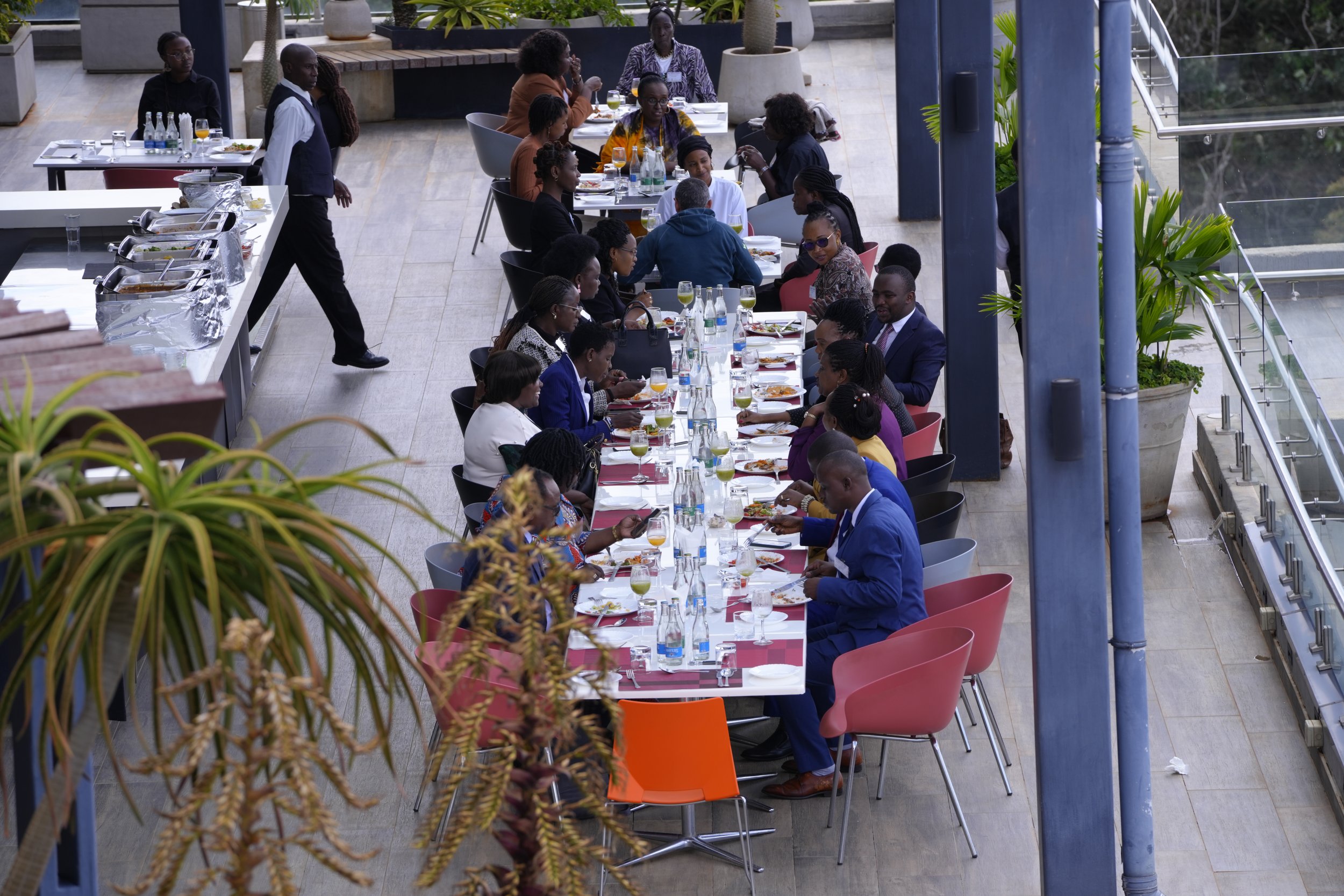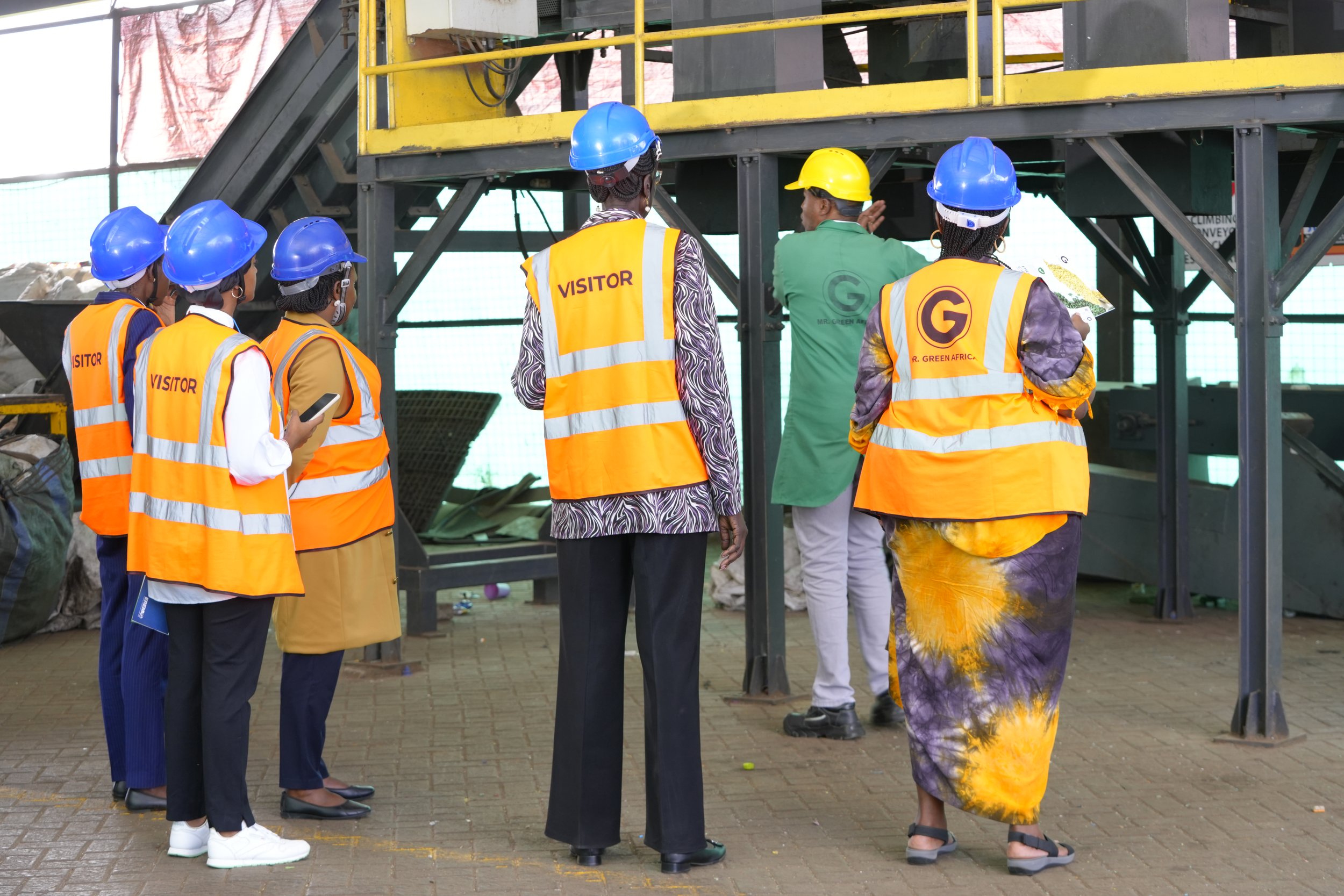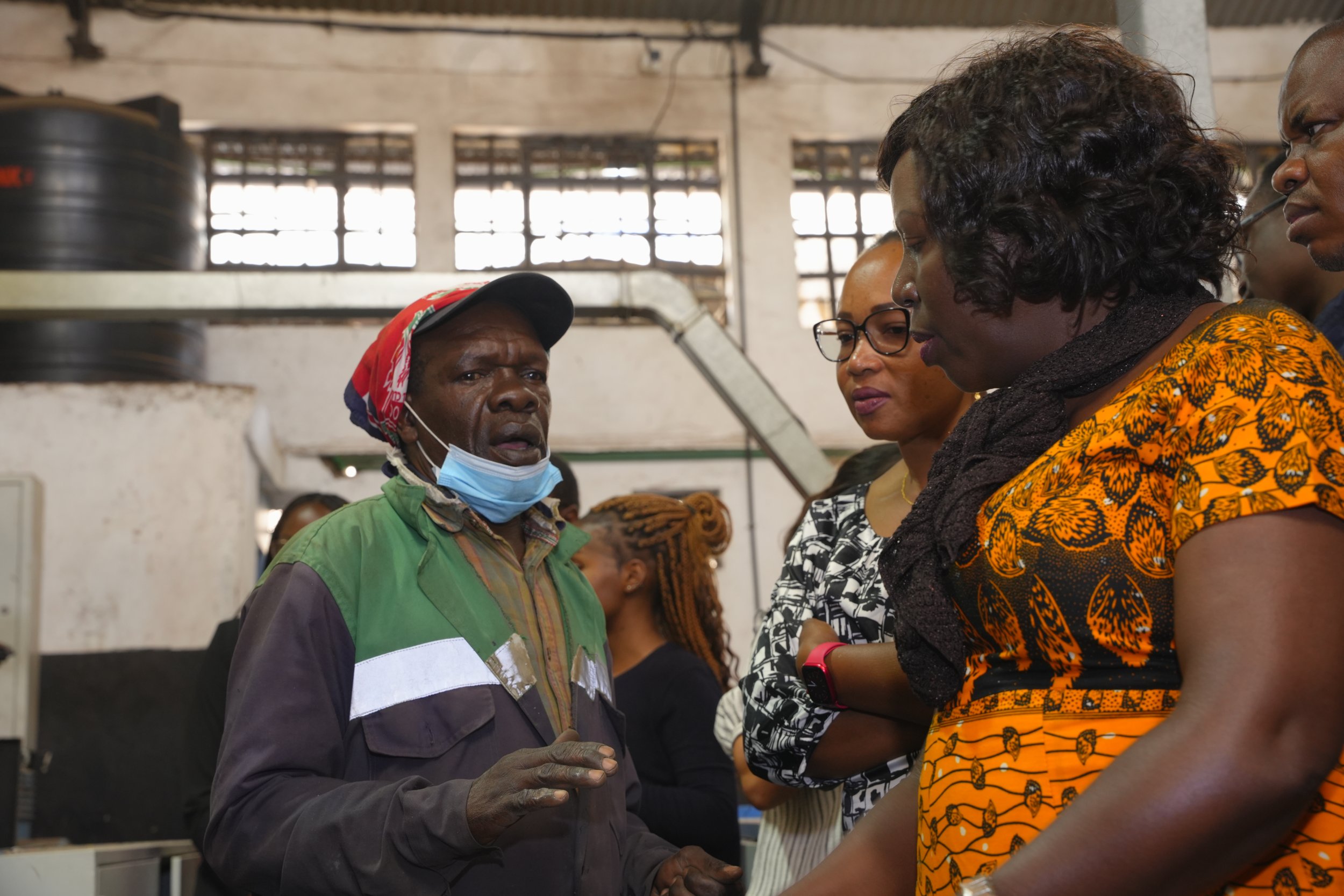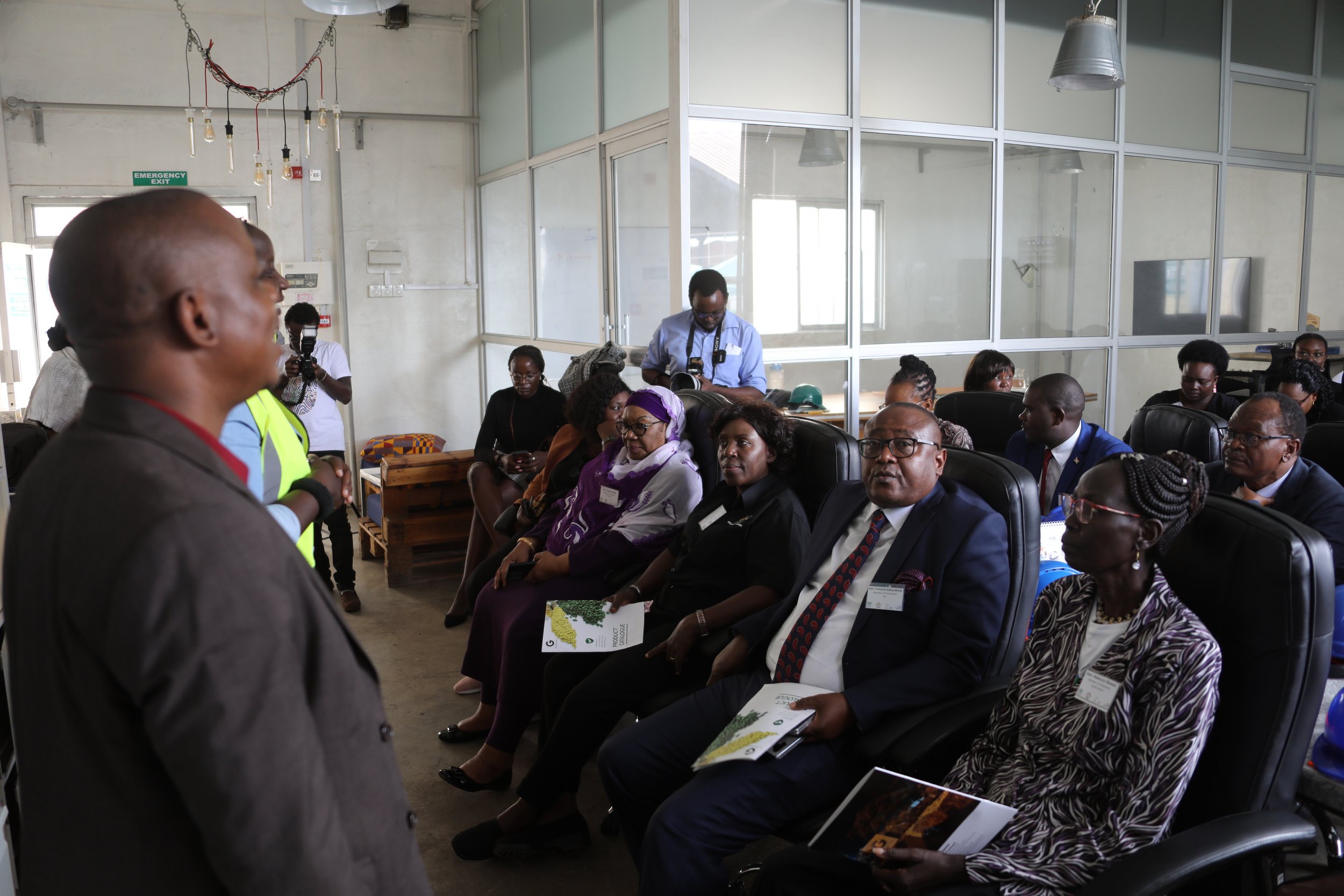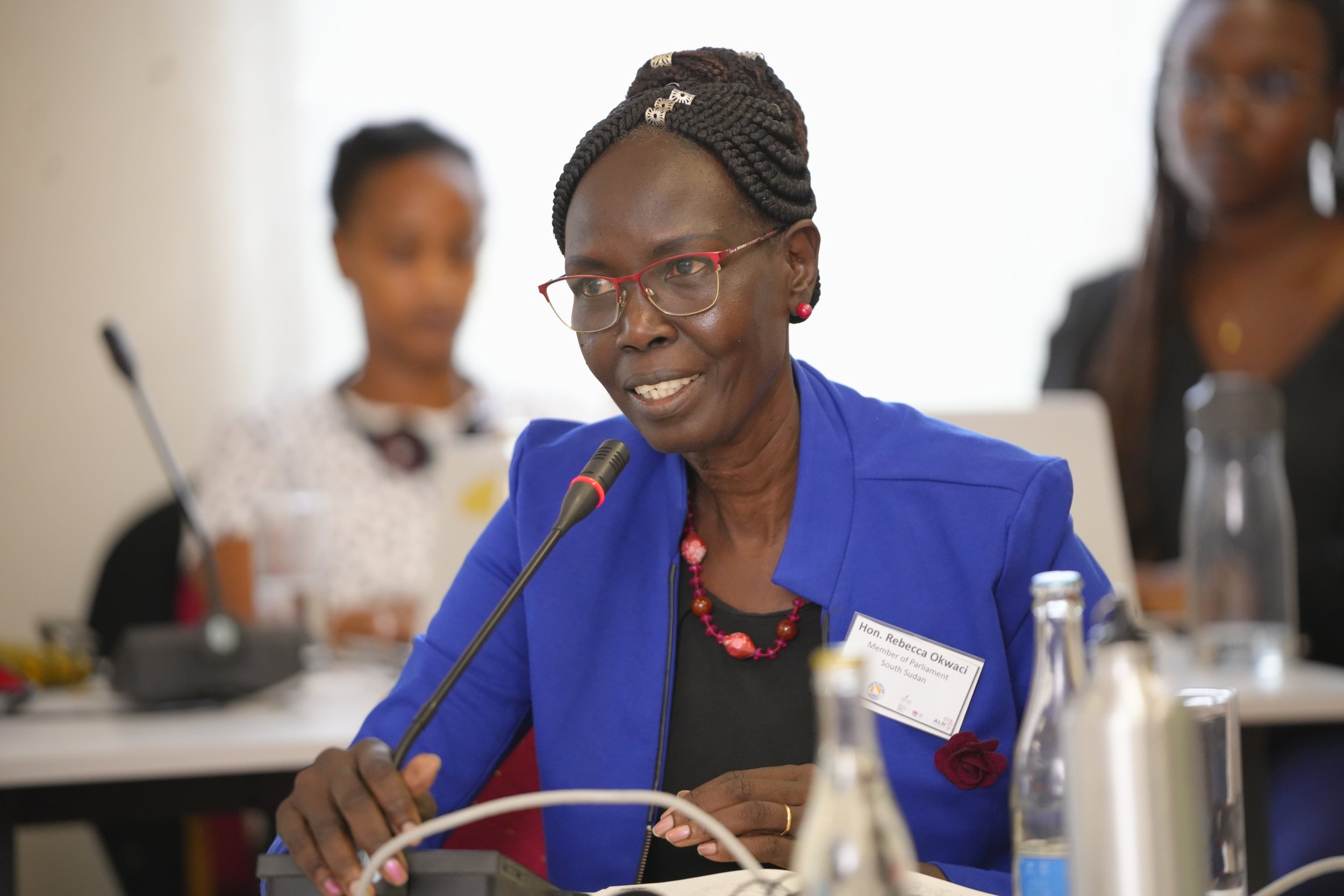East African policymakers unite in efforts to find a harmonised regional approach to beating plastic pollution
In a move demonstrating East African leadership to beat plastic pollution, policymakers from each of the 7 EAC countries came together last week to discuss a regional approach to the problem.
Over 40 officials including 21 parliamentarians from each of the 7 member states met to discuss the state of national legislation across the region, possibilities for regional legislation to eliminate certain types of plastics, and trade and policy opportunities for plastic substitutes.
The new draft SUP bill was tabled that proposes a complete ban of specific non-essential single-use plastic items, including microbeads in cosmetics, cutlery, plates, cups, cotton buds, straws, stirrers, wet wipes, carrier bags, balloons, food containers and sweet wrappers.
The regional caucus were united in their commitment towards a regional approach to tackle single-use plastics, including growing momentum to table the new single-use plastics bill at the East Africa Legislative Assembly (EALA).
Global levels of plastic pollution are showing no signs of slowing down. Recent UNCTAD figures show plastics trade reaching USD 1.2 trillion in 2022 (1). Despite a surge in public awareness and environmental campaigning, a recent report (2) shows that the world is producing a record amount of single-use plastic waste, generating 139 million metric tons of single-use plastic waste in 2021, 6 million metric tons more than in 2019. Of all the plastics produced annually, only 9% are actually recycled and 50% are designed to be used only once (3).
International discourse about plastics has reached a pivotal point. In a historic milestone at UNEA-5 in 2022, UN Member States endorsed a resolution (4) to end plastic pollution by forging an international legally binding agreement by 2024. As of 2023, 175 countries had adopted the resolution End plastic pollution: towards an international legally binding instrument which addresses the full lifecycle of plastic, including its production, design and disposal.
Against this backdrop, this month, 21 parliamentarians from across the entire East African Community representing each of the 7 member states (Burundi, DRC, Kenya, Rwanda, South Sudan, Tanzania and Uganda) came together to discuss a regional approach and legislative solutions to the problem.
Hosted at ALN House in Nairobi, Kenya, the event was organized by The Flipflopi, ALN Academy, and the International Conservation Caucus Foundation (ICCF) Group with provisions from the United Nations Conference on Trade and Development (UNCTAD). This event was attended by the parliamentarians together with multiple stakeholders including authorities (NEMA, Kenya), activists, and circular economy experts. Among other topics, the regional caucus explored: the state of legislation across the 7 nation states, possibilities for regional legislation to eliminate certain types of plastics, trade and policy opportunities for plastic substitutes, and the learnings from Rwanda that is internationally perceived as being a successful case study for an elimination approach to plastics. One of the discussion points was a draft bill that has been tabled to ban the manufacture, sale and importation of specific non-essential single-use plastic items across the EAC.
At the conclusion of the caucus, participants were unanimous in their commitment towards a regional approach to tackle single-use plastics, a transition to a circular economy, including increased use of material substitutes, and ensuring all East Africans can live in a healthier environment in the future.
Regional cooperation was determined as key to tackling the issue, since plastic pollution knows no borders, especially in shared critical ecosystems like Lake Victoria, and where cross border trade remains a challenge.
“The time for collective action has arrived. If action is limited to one country alone, there will always be a problem through borders with countries that do not act.”
Hon. Didier Molisho, MP, DRC
As a region, Africa is one of the worst performers when it comes to managing solid waste, with the United Nations estimating that only 10% of plastic waste produced is appropriately managed, and without drastic changes, the total municipal plastic waste generated is projected to increase from 19.2 million tonnes in 2015 to 72 million tonnes per year by 2060 (5). With few current strategies in place to improve it, there is a need to tackle the problem at the source by eliminating more of the most problematic plastics, a view that has gained support on the EAC agenda.
East Africa has been recognised as a leader in taking legislative action against plastic pollution since Rwanda first implemented a strictly enforced plastic bag ban in 2008. Of the 7 member states, all of them have passed legislation to ban plastic bags and several have enacted laws against certain single-use plastics, although there is little harmonisation between the laws and, in many of the countries, the bans have not been strictly enforced, leading to ineffective outcomes.
The Rwandan case demonstrates the possibilities of a successful elimination strategy when following a holistic roadmap from policy to implementation and action. Lessons highlighted included enforcing bans on cross-border trade, successful public education campaigns on the benefits of a clean environment, and policies to encourage innovation by local manufacturers regarding plastic substitutes.
“The key for our success (in Rwanda) in reducing plastic pollution was the strong enforcement of single use plastic ban, and public awareness of the benefits of a clean environment. Today, Kigali is known as Africa’s cleanest city.”
Hon. Françoise Uwumukiza, Rwandan member of the EALA
“Together with Africa and the international community, South Sudan would encourage higher adoption of alternative materials such as jute, sisal or agricultural residues, which can promote innovations based on the traditional knowledge which has been in our country for many generations”
Hon. Rebecca Joshua Okwaci, MP, South Sudan
The new regional bill that was proposed during the meeting covers a complete ban on the manufacture, sale and importation of certain single use plastic (SUP) items that are all non-essential items that have been deemed particularly harmful to the environment and livelihoods, cannot be recycled and are readily substitutable: including microbeads in cosmetics, cutlery, plates, cups, cotton buds, straws, stirrers, wet wipes, carrier bags, balloons, food containers and sweet wrappers. The bill is distinct in that the products proposed to be banned are specific types of single-use plastic items.
There was strong support for a new legislative initiative banning single-use plastics and a conclusion that this revitalised regional approach was critical in helping to solve the plastic pollution crisis.
“This workshop will be useful for the legislative agenda of the EAC region to harmoniously address the issue of SUPs. Along with the current climate change bill we now intend to move a motion to bring a SUP bill for the East African Community.”
Hon. Amongin Jacqueline, Ugandan member of the EALA
The caucus attendees are now exploring the proposal of a SUP law at the EALA level as well as at national level so that the most unnecessary single-use plastic items are eliminated from circulation in the East African community. They also expect the lessons will be important as the UN member state discussions about the global plastic treaty continue.
“It is important legislators and environmental management agencies across East Africa collaborate to develop, implement, and constantly improve regulations on single-use plastics in East Africa. Our practical experiences and lessons can be building blocks for the international plastic pollution treaty being negotiated by the Intergovernmental Negotiating Committee (INC) under the United Nations.”
NEMA Director General, Mr Mamo Boru Mamo
“This was an important event to bring African voices and their practical experiences into the multilateral processes at the Intergovernmental Negotiating Committee (INC) and at the World Trade Organization dialogue on plastics. We look forward to seeing how this regional discourse around plastic legislation and substitutes continues.”
Thanks to all our organising partners including the Sustainable Manufacturing and Environmental Pollution programme, funded by UK Aid and implemented in partnership with UNCTAD.
You can find the newly updated EAC SUP report here and the draft bill being proposed here.
References
UNCTAD is a permanent intergovernmental body established by the United Nations General Assembly in 1964. Their headquarters are located in Geneva, Switzerland, and they have offices in New York and Addis Ababa. UNCTAD is part of the UN Secretariat and report to the UN General Assembly and the Economic and Social Council but have their own membership, leadership, and budget. UNCTAD provides technical assistance for the Sustainable Manufacturing and Environmental Pollution (SMEP) programme, funded by UK Aid.
The ALN Academy provides unique legal training and expert exchange opportunities on the continent of Africa, blending technical and practical rigour, tempered with a degree of social consciousness that promotes smart action. The ALN Academy is set up as a separate body corporate with sustainability and social enterprise being core to its overall functions. With ALN’s growing reach, expertise and reputation as the leading alliance of independent top tier African law firms, we believe that the ALN Academy will play an influential role in enhancing the rule of law in Africa. By scaling up ALN’s capacity building efforts, the ALN Academy can ultimately help to underpin good governance and sustain real growth and development across Africa. This is ALN’s way of giving back to society with a purpose.
The Flipflopi Project is a circular economy movement based in East Africa whose vision is a world without single-use plastic. Flipflopi showcases alternate uses of waste plastic and the viability of a circular economy in Africa through education programmes, innovation hubs and advocacy and governance programmes.
The International Conservation Caucus Foundation (ICCF) Group is a global non-profit organization that advances governments’ leadership in conservation internationally by building political will within legislatures. The organization was established in 2006 to serve as an informal secretariat to the U.S. Congressional International Conservation Caucus (ICC). Currently, the ICCF Group supports more than 600 legislators around the globe, who are members of parliamentary conservation caucuses in Africa, Asia, Latin America, the Caribbean, France, the United Kingdom and the United States.
